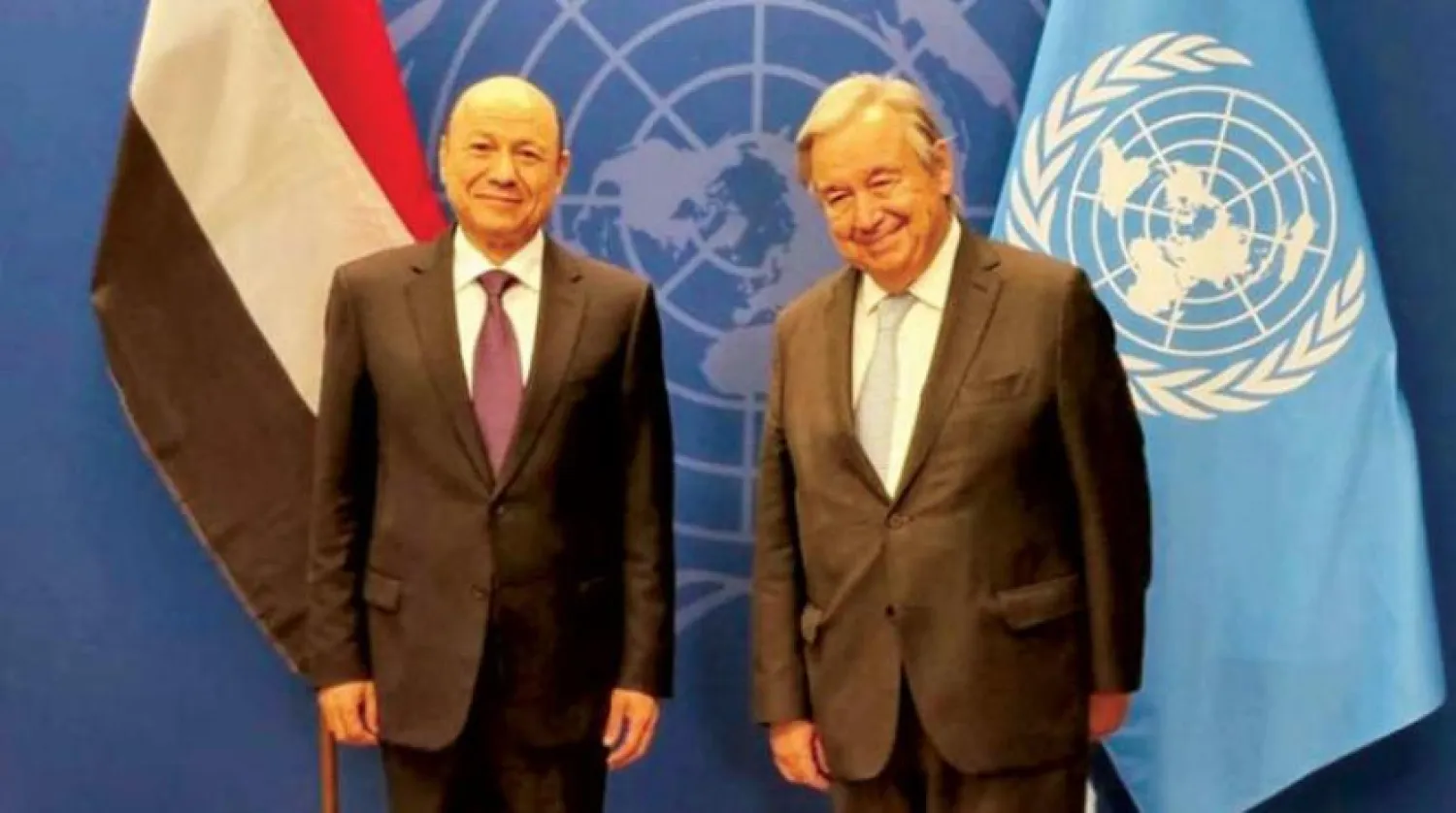UN Special Envoy for Yemen Hans Grundberg is resuming regional action to revive the truce in Yemen at a time when Saudi Arabia reaffirmed its continued support for his efforts, according to the Saudi Ambassador to Yemen Mohammed Al-Jaber.
In a tweet, Al-Jaber confirmed that he met Grundberg and assured him of the Kingdom’s continued support for UN efforts to extend and expand the truce in Yemen.
The Saudi diplomat also said that he reviewed with Grundberg the benefits of the ceasefire and the significant advantages of the UN envoy’s proposal for extending and expanding the truce. Till this moment, Houthi militias in Yemen have rejected Grundberg’s bid.
Meanwhile, the internationally recognized Yemeni government’s top official has accused the Houthis of undermining peace efforts to end the conflict.
Chairman of the Presidential Leadership Council Rashad Al-Alimi said the Houthis were “dashing” hopes for stability by refusing to extend the UN-brokered truce, rejecting a plan to pay public employees in regions under their control, and continuing to plunder public revenues.
“The Houthi militia has dashed our people’s hopes for peace and stability, primarily by refusing to expand the truce and pay our downtrodden people’s salaries in places under their control,” tweeted Al-Alimi.
Al-Alimi, who returned to Aden on Tuesday following a regional and international tour, reiterated his focus on addressing the country’s challenges, which include a decaying economy and poor public services.
He said he and his colleagues in government will work “tirelessly” to alleviate Yemenis' suffering, rebuild the economy and establish peace in the country.
By returning to Aden, Al-Alimi concluded a foreign tour that saw him visiting the UAE, Saudi Arabia, and Germany.
During his tour, Al-Alimi held talks with state leaders, UN officials, politicians, diplomats, and researchers, in addition to meeting with leaders and activists from Yemeni communities abroad.









